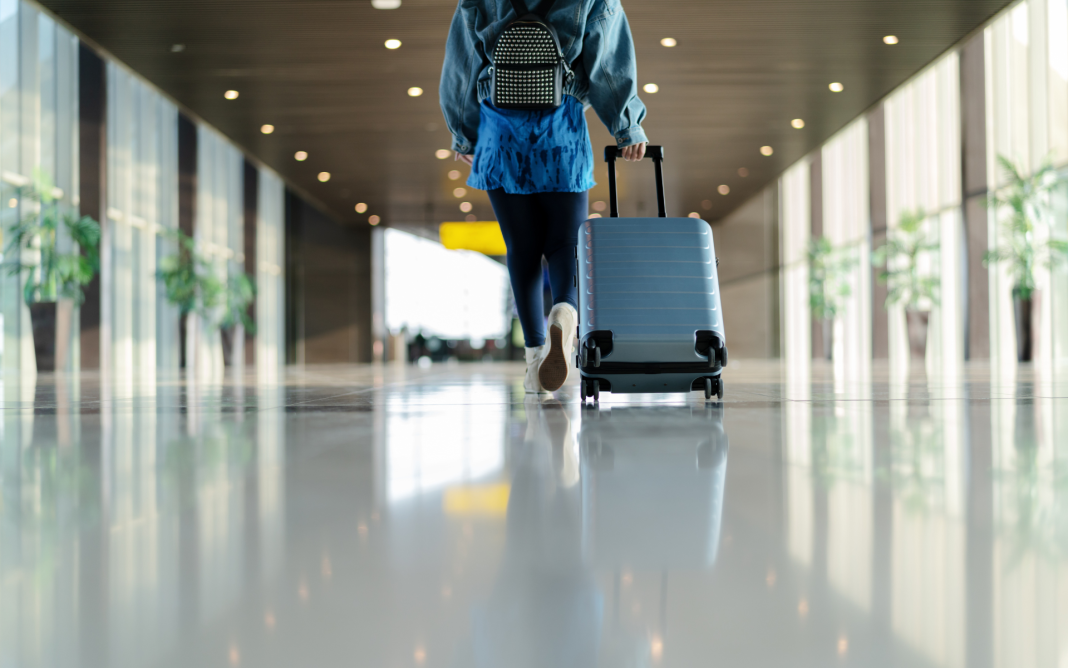Been itching to travel? Summer study programs — abroad or in the U.S. — are a great way to explore new places while enhancing your resume with experiences you can’t get any other way.
Law schools sponsor special summer programs all around the globe, but there is no set model. Study abroad programs and specialty programs in the United States range from two weeks to two months. Some are in person; others are online.
A study abroad program can be a great addition to your resume. Many prospective employers look for attorneys who are familiar with the legal systems of other countries and can work in an international environment.
If you’re interested in a particular program, contact the school to inquire about internship and externship opportunities. A lot of program directors say they like to match students with work that corresponds to their particular interests. We recommend contacting law schools directly for up-to-date program information, as some details may change because of the ongoing pandemic.
For studying abroad, following these tips will help:
■ Some countries still have certain restrictions in place. The U.S. State Department provides information on its website about travel restrictions, country-specific COVID-19 updates and vaccine information for traveling overseas. You might also consider choosing your destination based on official recommendations, taking into account any travel notices and restrictions. The CDC publishes a map of travel recommendations by destination at cdc.gov.
■ Experts recommend that you be vaccinated, bring proof of vaccination and be prepared to present your vaccination card as needed. “Study abroad programs should ensure that students are aware of and follow all airline and destination entry requirements, such as testing, vaccination, mask-wearing and quarantine,” said the CDC on its web page that provides recommendations to institutions of higher education.
■ Your law school will likely have precautions in place and advice for those studying abroad. You should consult with your school to ensure you are following its rules and staying safe.
■ Set realistic expectations and be prepared for issues that may arise. Students may face unpredictable circumstances accessing medical care if they get sick or injured in their host country. Consult with your medical providers before you go, and choose study abroad service providers — from airlines to lodging to host schools — that are working within the limits of your personal boundaries.

